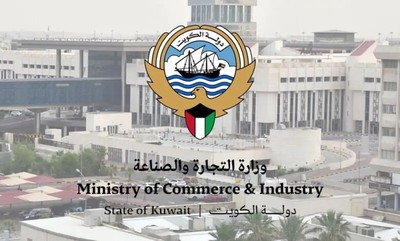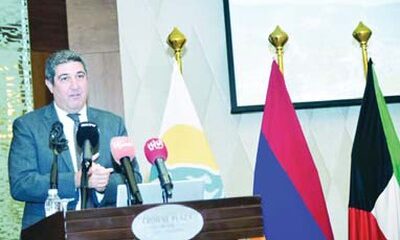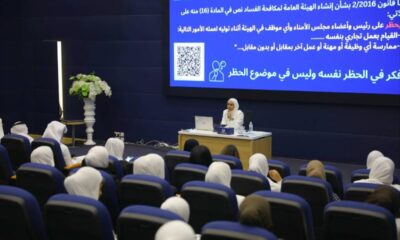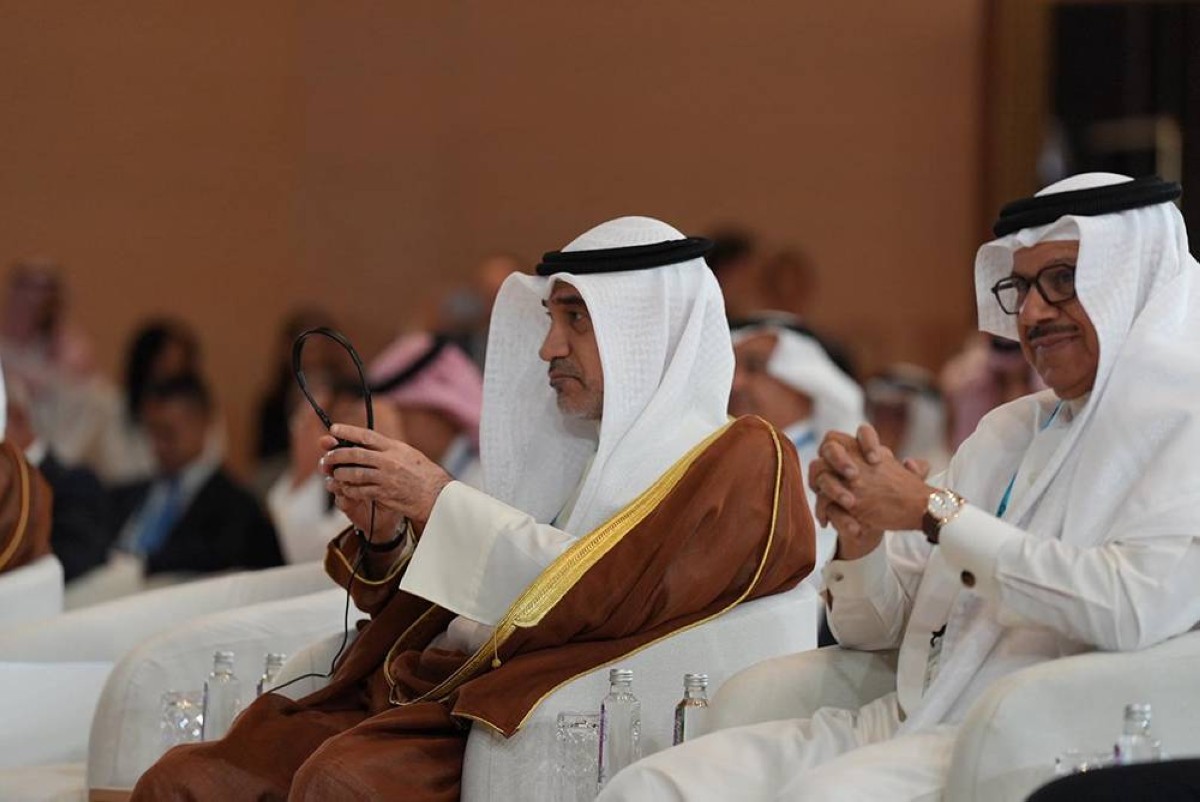KUWAIT: Undersecretary of the Ministry of Finance Aseel Al-Munifi affirmed on Monday that the recently enacted Law No 60 of 2025 on financing and liquidity aims to stimulate the economic environment, attract foreign investments and enhance developmental and economic returns for the state. The law, which came into effect on March 27, also seeks to bolster the banking sector and improve fiscal stability.
Speaking at an introductory conference on the new decree-law, Al-Munifi explained that the legislation equips the government with modern financial tools, enabling access to both local and international financial markets. These tools, she said, will help secure funding for key development projects. “The law will support the restructuring of government financing, reduce borrowing costs, and strengthen Kuwait’s credit rating,” she said. “It reflects positively on the state’s borrowing capabilities under competitive conditions and helps build up financial reserves to meet commitments amid evolving economic circumstances.”
Al-Munifi noted that the new law will serve as an essential mechanism for financing major national projects, particularly in infrastructure, housing, education, and healthcare — sectors included in the government’s general budget for the next five years. She also revealed that preparations for the issuance of the long-anticipated Sukuk Law have been finalized. “The draft has been completed by the Ministry and is currently under discussion in relevant Cabinet committees. It will soon proceed through the constitutional procedures for final approval,” she said.
Meanwhile, Director of the Public Debt Department at the Ministry of Finance, Faisal Al-Muzaini, announced that Kuwait is returning to the financial markets — both domestic and international — for borrowing in the 2025/2026 fiscal year. He described the move as the largest financial market entry in over eight years, implemented under Decree-Law No. 60 of 2025.
Al-Muzaini hailed the law as a landmark in public finance reform, stating it provides the government with a robust legal framework for managing public debt. The framework allows for debt maturities of up to 50 years and sets a borrowing ceiling of KD 30 billion (approximately $92 billion).
He added that the Ministry of Finance has outlined a flexible strategy to engage confidently with financial markets while prioritizing competitive financing costs and diversifying the investor base both geographically and institutionally. One key focus, he said, is developing the local debt market by establishing a yield curve that will serve as a benchmark for future issuances.
“This law sends a strong message of fiscal discipline and credibility to global markets,” Al-Muzaini said. “It is expected to contribute to enhancing Kuwait’s credit profile, drawing wider investor interest, and advancing the country’s transition toward a diversified economy.” The Public Debt Management Committee, established in 2016, plays a central role in overseeing this strategy. Reporting directly to the Minister of Finance, the committee includes representatives from the Ministry of Finance, the Central Bank of Kuwait, and the Kuwait Investment Authority. It is tasked with approving the annual financing strategy and advising the Minister on public debt matters. – KUNA
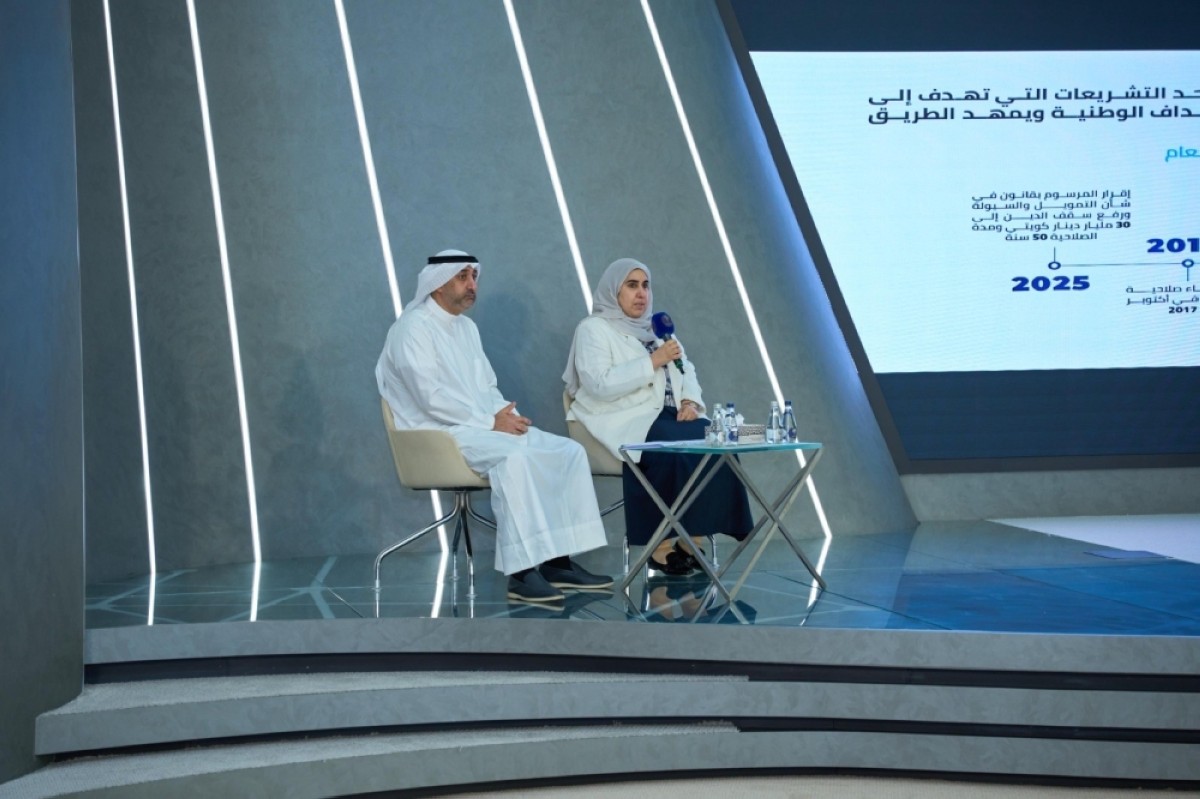

 Latest News22 hours ago
Latest News22 hours ago
 Business15 hours ago
Business15 hours ago
 Politics8 hours ago
Politics8 hours ago
 Latest News15 hours ago
Latest News15 hours ago
 Latest News6 hours ago
Latest News6 hours ago
 Latest News13 hours ago
Latest News13 hours ago
 Politics5 hours ago
Politics5 hours ago
 Latest News5 hours ago
Latest News5 hours ago
